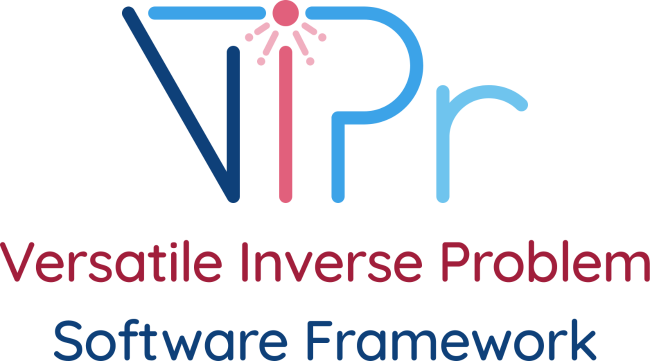¶ Versatile Inverse Problem Software Framework (VIPR)
In the exploration of the universe and matter, the treatment of inverse problems is often one of the central challenges. In many experimental investigations, which are carried out in particular at large-scale research facilities such as FRM II, DESY or European XFEL, the essential phase information in the experimental data is lost due to the measurement principle (phase problem). Therefore, methods based on direct inversion are not applicable, so that the solution of the underlying non-convex optimization problem is usually very time-consuming and expensive to implement.
The goal of our project “Versatile Inverse Problem fRamework” (VIPR) recently funded by the German Federal Ministry of Education and Research (Grant 05D23CJ1), is to develop a flexible software framework for data-driven solutions of inverse problems based on invertible neural networks (INN). Other architectures may be considered in later phases of the project. This enables future users of participating large-scale research facilities to perform user-friendly data analysis using the software environment provided as a cloud application, thus freeing up time-consuming and resource-intensive capacities. The main areas of application include grazing incidence small- and wide-angle scattering with both neutrons and X-rays, neutron/X-ray reflectivity, and ptychography. The development will also take into account the needs of spectroscopy and particle physics.

¶ Project partners
